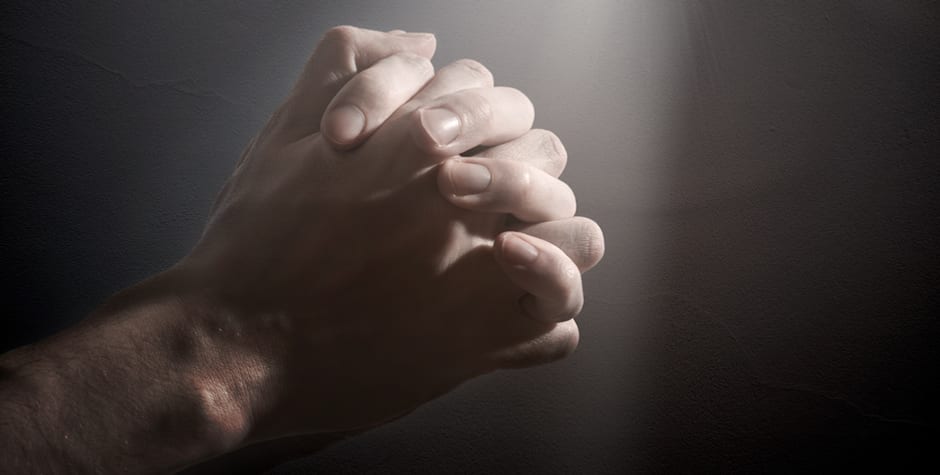Eleventh Circuit Will Hear Oral Argument on Prayer Ban in Major ACLJ Case
In response to our request, the Eleventh Circuit has scheduled oral argument in our important prayer case. Oral arguments will be held the week of April 25, 2022, in our case appealing a flawed federal district ruling declaring that government officials can no longer encourage citizens to pray amid a difficult time in their community and volunteer chaplains can no longer lead members of their community in prayer.
In 2014, our client, the City of Ocala experienced a crime spree resulting in injury to several children. The police knew the identity of the shooters but could not persuade witnesses to come forward to testify. Consistent with community policing standards regularly employed by the City’s police department, Chief of Police Greg Graham, met with local NAACP leaders who suggested that the police department reach out to the local faith-based community for help in persuading witnesses to come forward. Chief Graham did just that.
In response, community leaders decided to hold a community prayer vigil. The vigil was organized by private citizens and volunteer chaplains (faith community leaders), along with private citizens, led the vigil. Many in the community attended. At the request of the organizers for the event, Chief Graham posted a letter encouraging unity and prayer and attendance at the vigil. Atheists, offended by the idea of prayer at the vigil, demanded City officials cancel the event. Despite City officials’ continued explanation that it could not cancel a privately organized event, the atheists cried foul and later sued the City for allegedly promoting the vigil.
Unwilling to let atheists vilify the City and its officials, the ACLJ took action, representing the City of Ocala in the lawsuit. When the district court found for the atheists, we appealed to the Eleventh Circuit.
In our reply brief filed late last year, we urge the Court to reject the atheists’ attempts to reshape the First Amendment and interpret in a manner that specially limits religious expression rather than protects it. As we point out:
Plaintiffs-Appellees advocate for a country in which chaplains are no longer permitted to lead members of the public in prayer and government officials can no longer have any association with religion at all. In fact, according to Plaintiffs-Appellees[,] government officials must shut down protected First Amendment gatherings out of fear of division or where there is opposition.
To achieve this vision, the atheists urge the Court to reject our country’s long history of recognizing the important and permissible role of chaplains and public references to God and prayer by public officials, toss aside a host of case precedent – including the Supreme Court’s recent ruling in American Legion v. American Humanist Association – and in essence, scrub “away any reference to the divine.” Am. Legion v. Am. Humanist Ass’n, 139 S. Ct. 2067, 2085 (2019).
This case represents yet another example of cancel culture’s attacks on free speech and prayer and emphasizes why the defense of First Amendment rights is more important than ever. As we further note in our reply brief:
[I]f the Vigil that took place had been a public gathering involving any non-religious speech, Plaintiffs-Appellees would not have raised a legal challenge. Indeed, if Chief Graham had been tasked with finding a shooter at an Ocala Atheist event and, in doing so, consulted with the group’s leaders and vocally supported their efforts to organize a protected First Amendment gathering, Plaintiffs-Appellees would not have filed suit, nor would they have demonized Chief Graham for his efforts as they have done here.
Prayer, especially in the public sphere, is under increasing attack. In addition to this case where we are representing the City of Ocala, we are preparing to file an amicus brief at the Supreme Court in the case of a high school coach who was fired for silently praying after football games.
The ACLJ will continue to pursue this fight and keep you posted as these cases defending prayer proceed.
